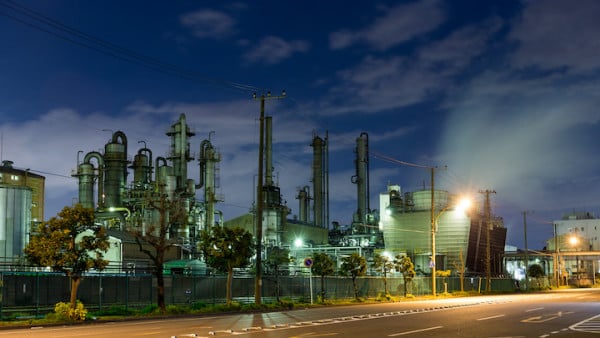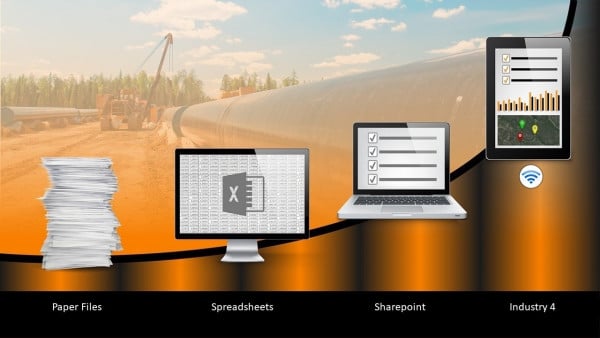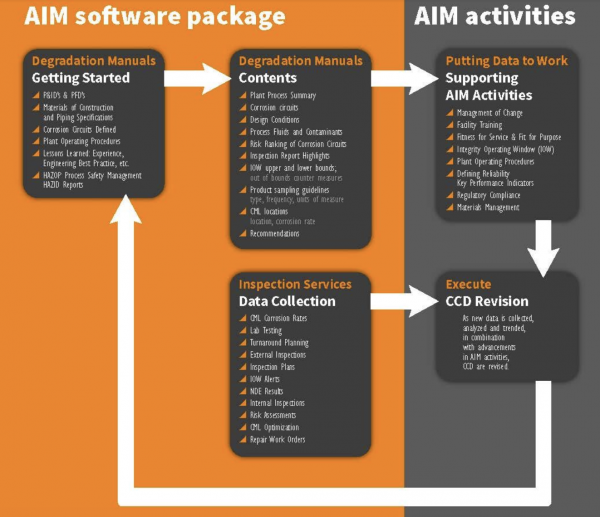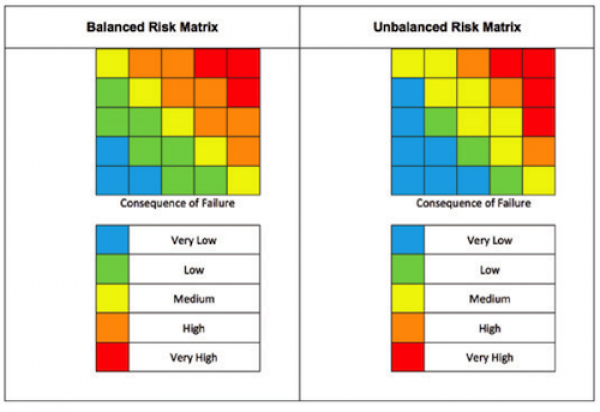Stephen P. Webb, P.E.: About the Author
Asset Integrity Engineer, Metegrity

Stephen P. Webb, P.Eng is a Mechanical Engineer with 12 years of varied experience in asset integrity services; inspection; engineering, procurement and construction (EPC); and project engineering in the offshore, onshore and pipeline industries. He specializes in pressure vessels and piping systems as well as semi-quantitative and quantitative risk-based inspection assessments. He holds a Bachelor of Engineering degree (B.Eng) from Memorial University of Newfoundland, Canada.
Is this you? Please help us keep this page up-to-date by occasionally submitting your updated information.
Published Articles
Two common challenges that can be aided by the guiding principles of API 580 are implementing a special emphasis program for CUI and managing the efficiency of TML/CML placement.
This article demonstrates how substituting inspection reports that originate from pen and paper to reports generated using a stylus and tablet at the time and location of inspection can eliminate data entry errors and other common mistakes.
This article discusses how a technology coupled with API 1177 allows construction crews, inspectors, and pipeline integrity engineers to quickly analyze inspection, NDT, and commissioning data in near real-time, as well as problem solve in the field.
Whether implementing a comprehensive AIM strategy for the first time or looking for ways to create overlap between AIM activities and documents that historically have acted as information silos, consider utilizing CCDs. They serve as a useful initiation point for centralizing all known material selection, degradation, process plant circuitization, known risks, recommendations, and inspection best practices.
The challenges companies face when implementing an RBI program from scratch can make the practice seem daunting. To ensure that implementation is completed smoothly and the benefits of RBI are quickly realized, there are considerations that should be taken into account.



















